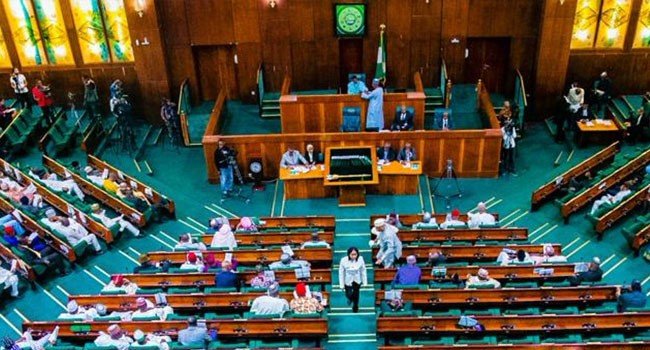“Bittersweet story”: nations’ relief and agony after shedding the “UN poorest tag”
While other nations still have a mountain to climb, the Himalayan monarchy of Bhutan will be celebrating this year when it exits the group of the world’s poorest nations.
On December 13, the tiny state—famous for its Gross National Happiness index—will become just the seventh country to leave the group of Least Developed Countries, which the UN established in 1971.
At the LDC meeting, which concluded in Doha on Thursday, Bhutan’s Prime Minister Lotay Tshering told AFP, “We are taking it with a lot of honor and dignity, we are not nervous.
The 45 other LDC leaders are eager to follow. By the end of 2026, Bangladesh, Nepal, Angola, Laos, the Solomon Islands, and Sao Tome are expected to complete their studies.But, they are concerned about losing the favorable trade conditions and low interest rates that vanish three years after leaving. The Solomon Islands and Angola have tried to put off their departure. Others could adhere.
Despite his confidence, Tshering has reason to be on edge.
Pride at stake
Booming hydro-electricity exports to regional power India have taken the per capita income of Bhutan’s 800,000 people to about $3,800 a year, 30 percent higher than its giant neighbour.
‘Havoc’
To gain promotion to Middle Income Country status, candidates have to pass two out of three tests — get gross national income above $1,222 a year or reach set scores for human welfare or economic vulnerability. UN committees then scrutinise cases for years.

The Maldives became one of the rare success stories in 2011.
But President Ibrahim Mohamed Solih told the summit it has been a “bittersweet story”. Successive crises have hit the atolls that draw tourists from around the world.
Before graduation, the 2004 Asian tsunami was “devastating” costing almost 60% of GDP, Solih said.
When Covid-19 forced a near global lockdown in 2020, it turned “a thriving upper middle income country into a ‘no-income country’ for three months.”
The Ukraine war caused more “havoc” with higher commodity prices.
According to Solih, nations are “anxious” about leaving the club since they will retain many of the “vulnerabilities” that contributed to their initial poverty.
Richer nations are fighting the LDCs’ demands for trade privileges to be maintained for at least six years after graduation.
The crises “have not persuaded the banks, the rich and the powerful to consider rationally that unless all behave as part of the same humanity, insensitivity and irresponsible avarice will sink the world ship,” according to East Timor President Jose Ramos Horta.
AFP



